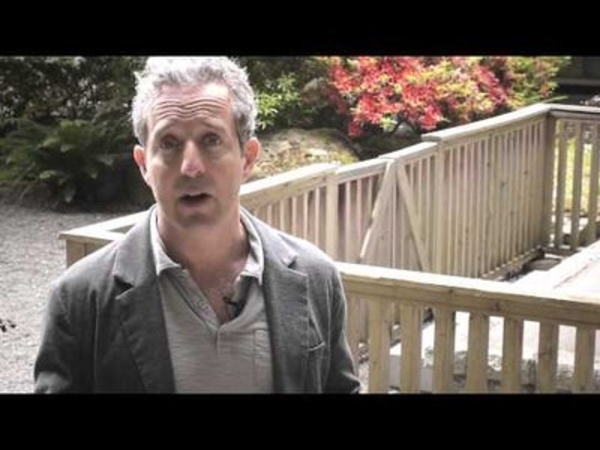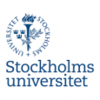Price:
9309 EUR
Contact
The University of British Columbia
Description
This course is designed to give students a thorough introduction to early (pre-221 BCE) Chinese thought, its contemporary implications, and the role of religion in human well-being. Important themes to be discussed include the ideal of wu-wei or “effortless action,” the paradox of how one can consciously try not to try, mindfulness techniques and self-cultivation, models of the self and society, rationality versus emotions, trust and human cooperation, and the structure and impact of different spiritual and political ideals.
This period of Chinese history witnessed the formation of all of the major indigenous schools of Chinese thought (Confucianism, Daoism, Mohism and Legalism), which in turn had an impact on the development of East Asian cultural history that is still felt today. We will also explore parallels with Western philosophical and religious traditions, the relevance of early Chinese thought for contemporary debates in ethics, moral education, and political philosophy, and the manner in which early Chinese models of the self anticipate recent developments in the evolutionary and cognitive sciences.
This course provides a full university semester’s worth of material broken into two parts. Each part of the course will last five weeks with a week-long break in between. For each part, there will be four weeks worth of new material. The fifth week will be reserved for review and completion of the final exam.
Part 2 builds upon Part 1 by exploring late Warring States thinkers such as the Confucian Mencius, the Daoist Zhuangzi, and the return to externalism in the form of Xunzi—who believed Mencius betrayed the original Confucian vision—and his former student Hanfeizi, a “Legalist” thinker who helped lay the foundations for the autocratic system that unified the Warring States into China’s first empire. We will conclude with some reflections on what it means to study religious thought, and the thought of other cultures, in a modern, globalized world. Part 2 can be taken as a stand-alone course, but will be more comprehensible and rewarding with the background provided in Part 1.
See also: Chinese Thought: Ancient Wisdom Meets Modern Science - Part 1
Specific details
Category of Education
Arts and Humanities







 How to resolve AdBlock issue?
How to resolve AdBlock issue? 


Comments (0)